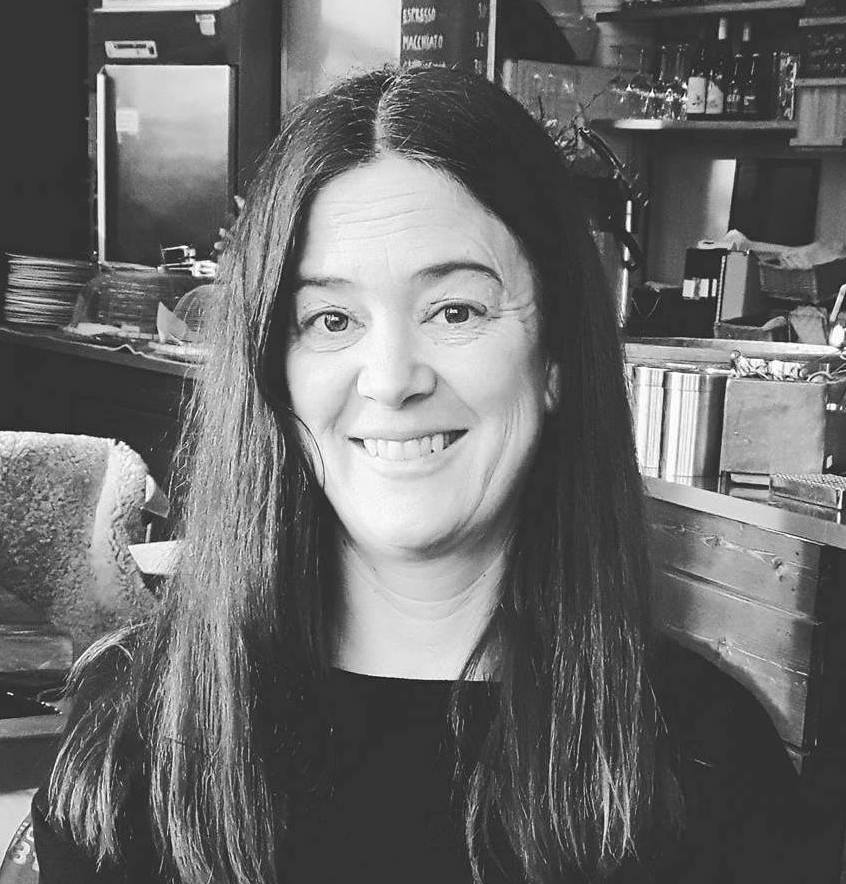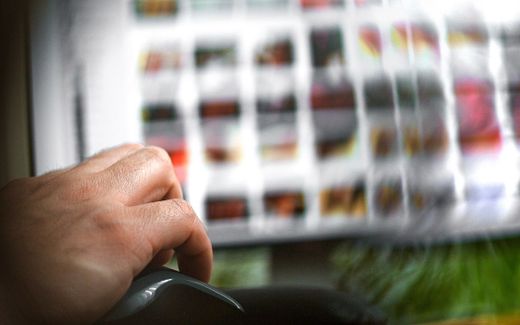In Swedish crime novels, a Christian is usually a hypocrite

In crime fiction in Sweden, Christians are usually caricatured. Photo AFP, Jonathan Nackstrand
Northern Europe
From time to time, Swedish detective writers use Christian characters in their novels. Research learns that the image of believers in Swedish fiction is usually not positive.
Annette Haaland is both pastor and detective story writer. For her master’s research in religious studies, she examined the image of Christian faith in 108 best-selling crime novels in Sweden. In an article in the Christian newspaper Dagen, she describes how church-going people look like in the eyes of the authors: manipulative, female-hating, or simply crazy.
Christian characters, says Haaland, are “against science, bigoted, oppressive to women, life-denying, intrusive, manipulative, colonialist and violent.”
She herself writes novels about “Pastor Viveka”. They are in Swedish, but have translations in German also.
Derogatory

In her article in Dagen, Haaland gives examples. Leif GW Persson, for instance, describes people with faith with derogatory judgments. In these books, a church is usually a cult, and leaders are manipulative and sometimes criminal. Quotations from the Scripture give the “image of the Bible as a very strange book, full of commands that inspire murder”, Haaland concludes.
In the Stalker books from the author duo Kepler, believers are bigots, colonialists and violent. And more examples can be given.
Tone-setting
Of course, it would be terrible if all Christians were like that, Haaland admits. And then she asks the question: in a crime novel, terrible things are meant to happen, aren’t they? “Certainly”, she says.
But there is more to say, the researcher thinks. Authors do not imitate reality. They present specific facts to create suspense. And those facts reflect some tone-setting ideas that exist in society. “The writer and the reader must share certain basic perceptions of the world if the reader is to accept the story. These perceptions are made up of a culture’s basic values and the prevailing zeitgeist.”
Free churches
On the other hand, some novels do contain positive images of Christianity. This is the case in 9 of the examined 108 books. In those, there is a sympathetic priest, for instance, in Camilla Läckberg’s work. But in most other books, pastors are mostly greedy, misogynistic or just plain crazy. Leaders of the Evangelical free churches are usually worse than those from the Lutheran folk church.
Why is it that Christianity –and especially pastors– are treated so badly in crime fiction, Haaland asks. “Here, it is interesting to think about the culture where these books come from. Our culture”, she writes.
She refers to the religious scholar David Thurfjell. He states that the secularised majority in Sweden is sceptical about faith and has a mildly critical attitude towards religion in public conversation. He sees tendencies in people’s thinking where Christianity is associated with double standards and brainwashing. To make a good selling among the general public, it can help to affirm this scepticism towards religion since intense reading goes hand-in-hand with identification.
Related Articles









